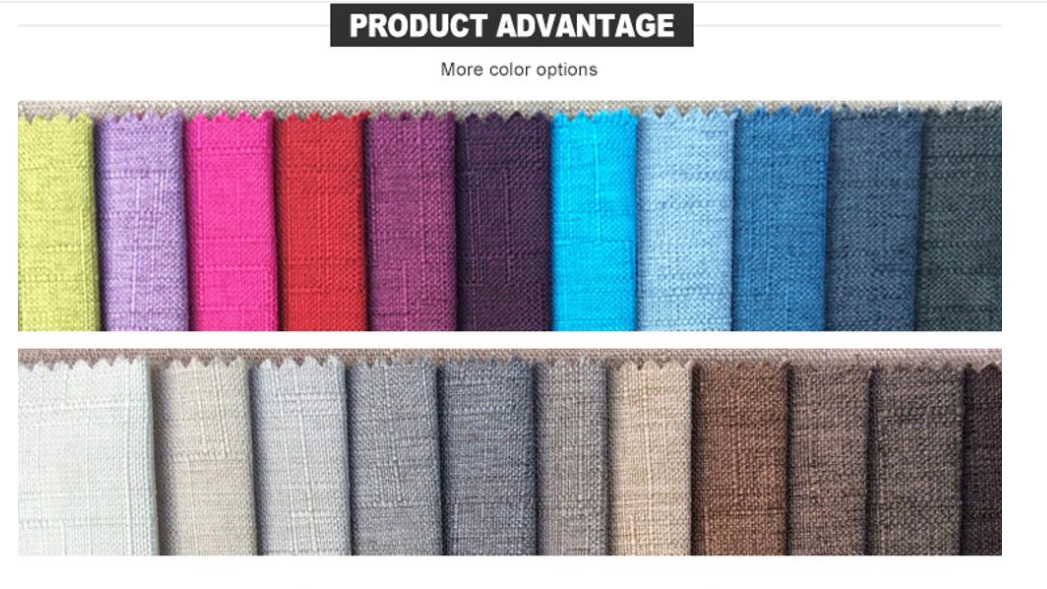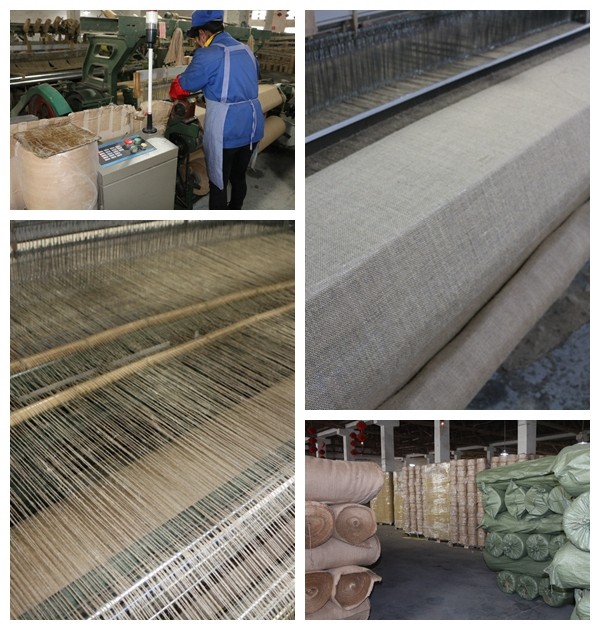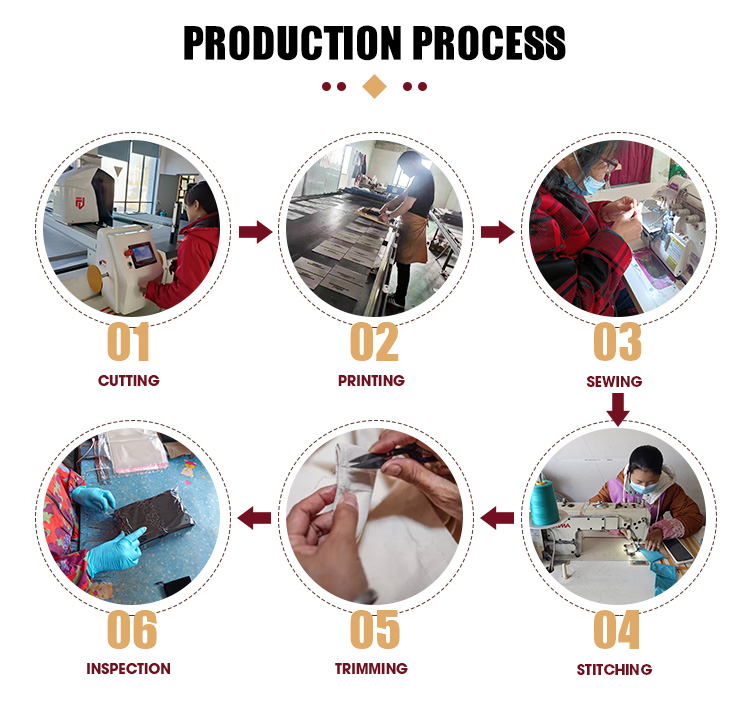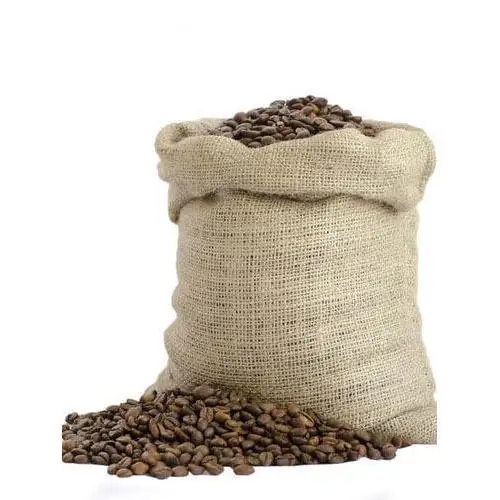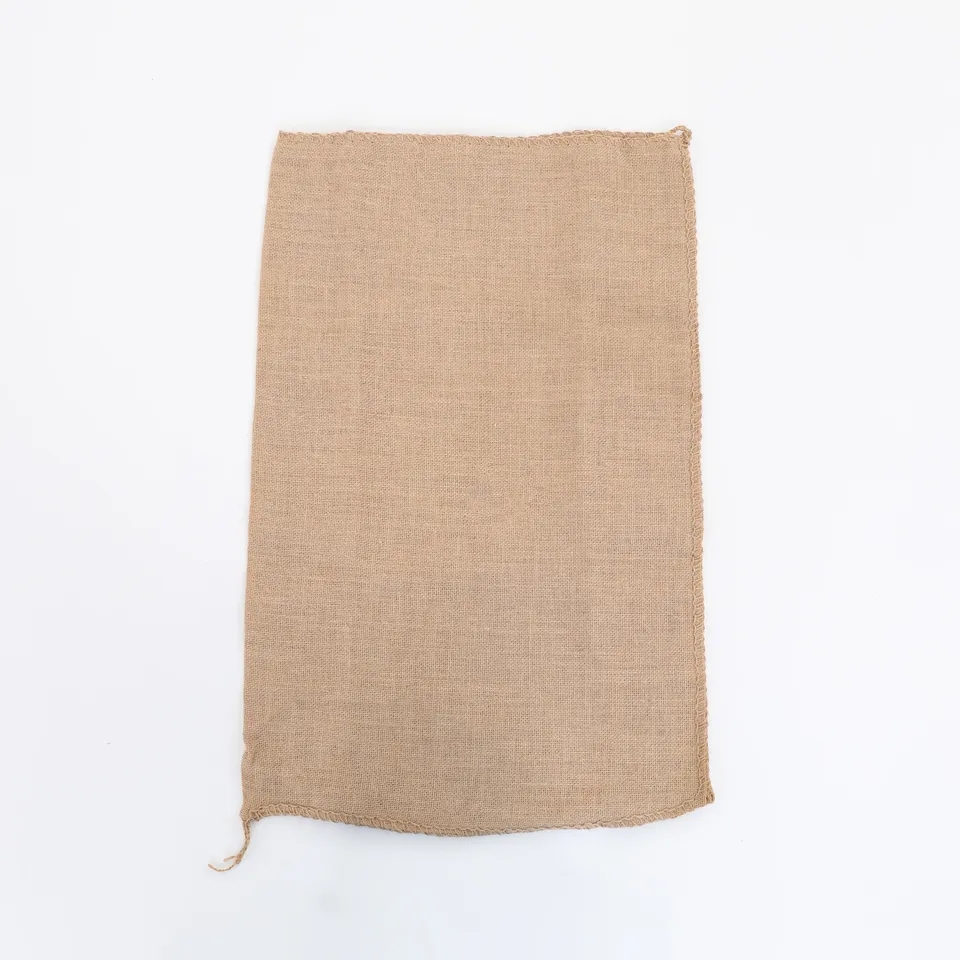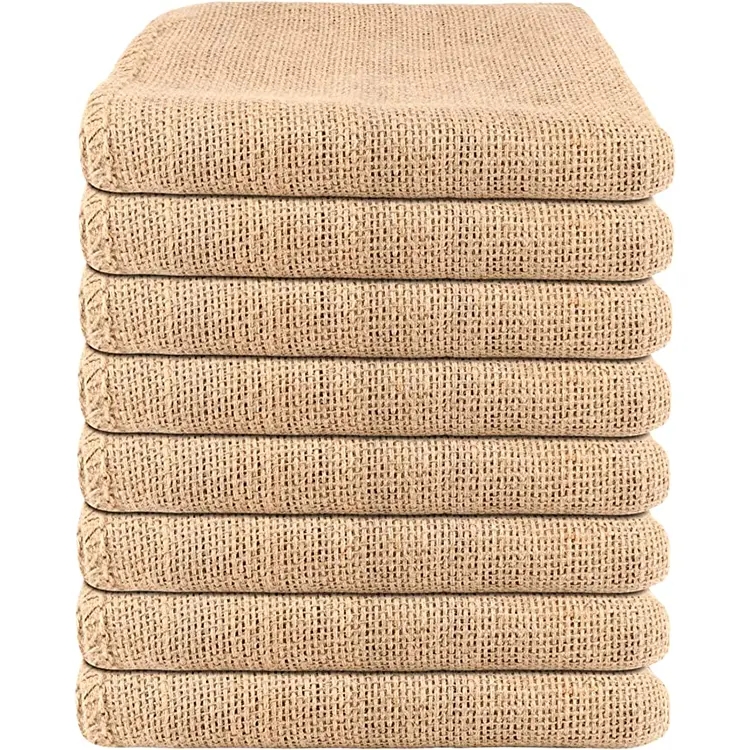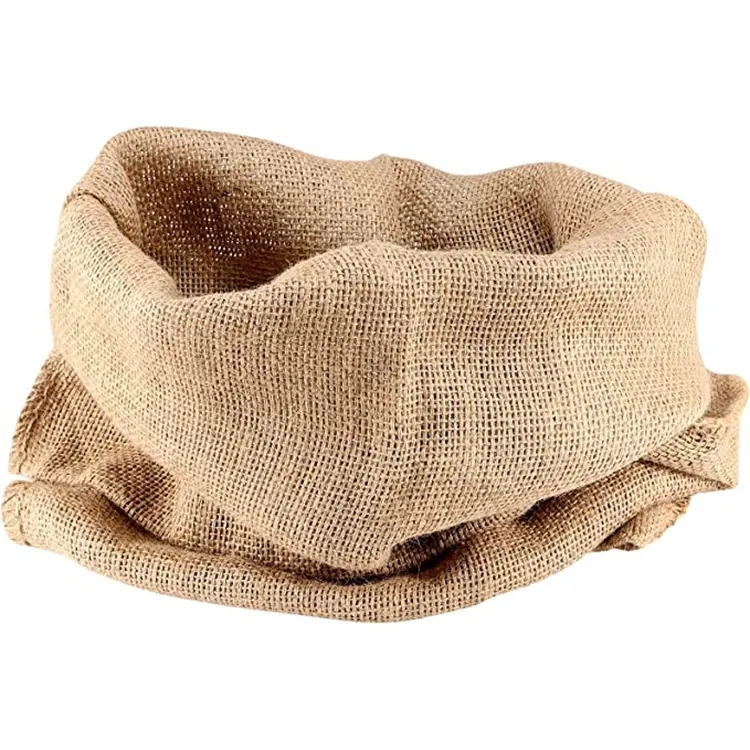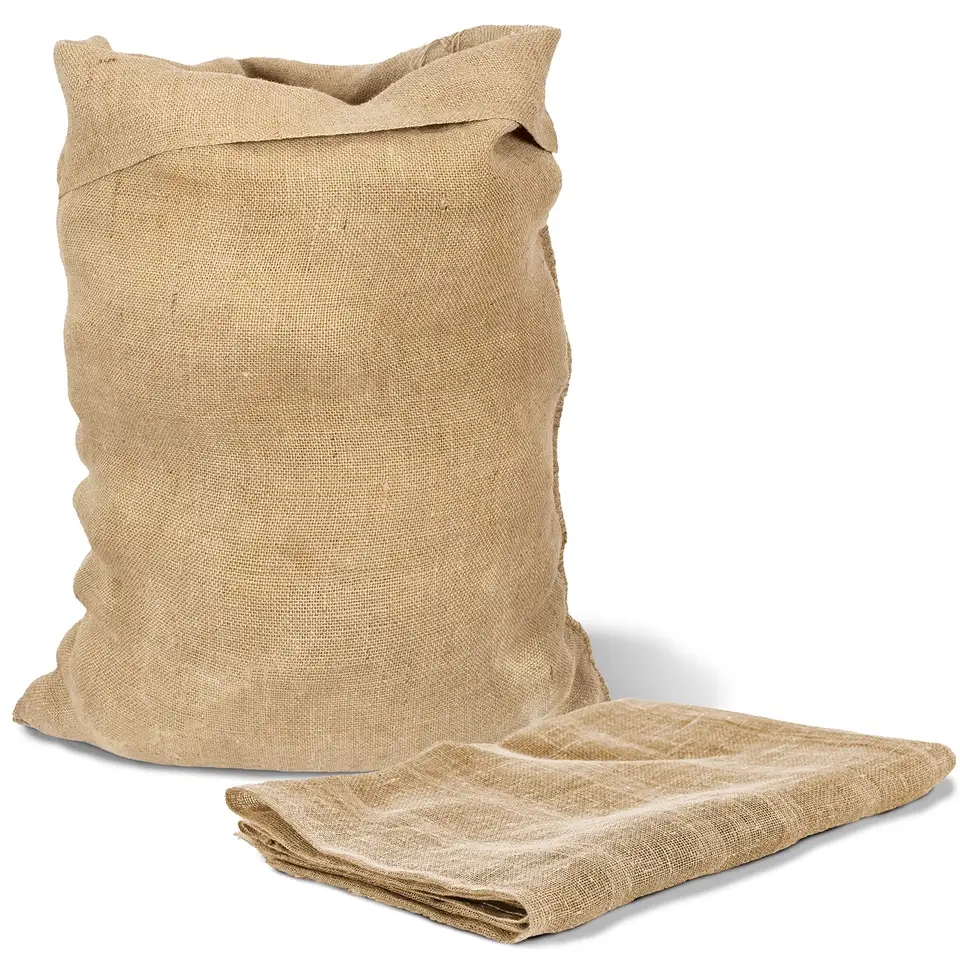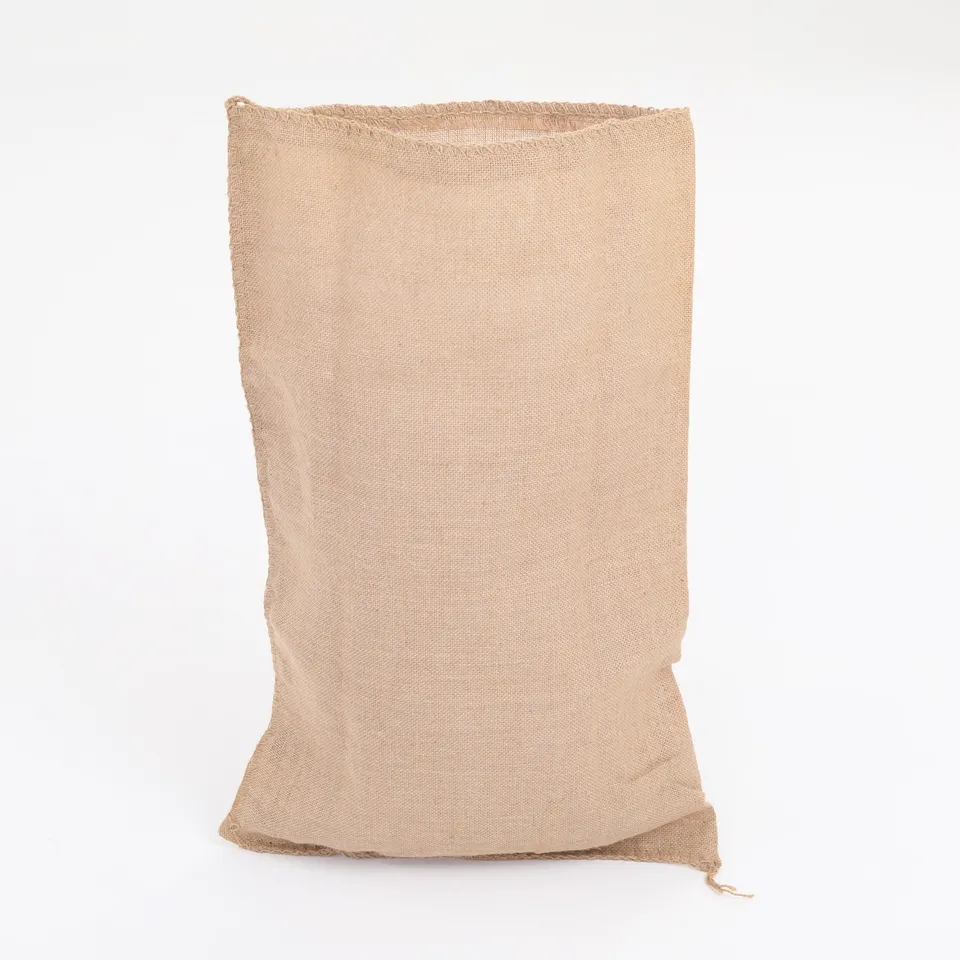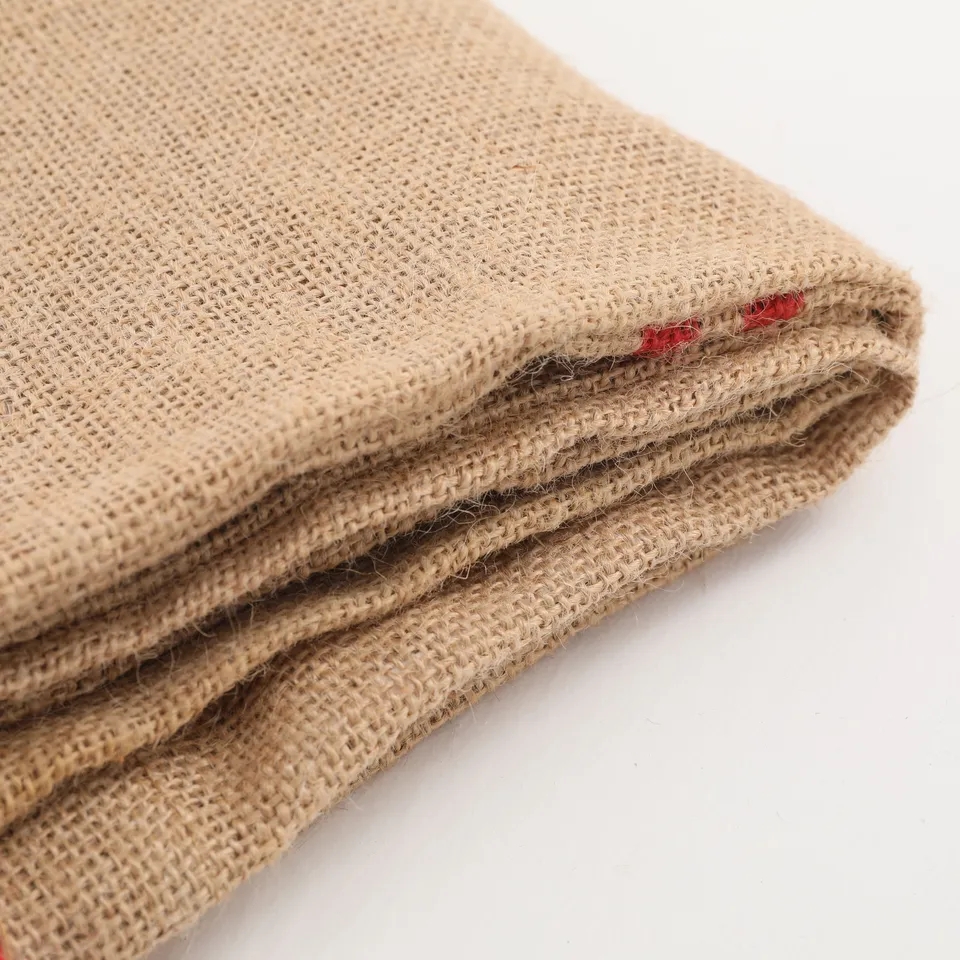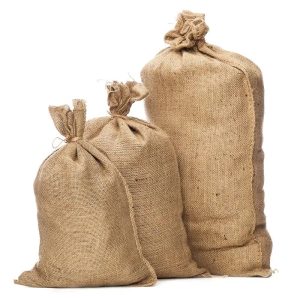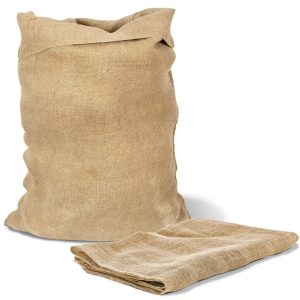Jute Sacks: Sustainable Packaging Solution with High Strength and Versatility
Introduction:
Jute sacks, renowned for their eco-friendliness and robust attributes, stand as a prime example of sustainable packaging solutions. These sacks, crafted from natural jute fibers, offer a harmonious blend of strength, cost-effectiveness, and versatility, making them a preferred choice for various industries. In this article, we delve into the exceptional characteristics of jute sacks, highlighting their biodegradability, load-bearing capacity, and positive impact on the environment.
Biodegradability and Sustainability:
Jute sacks shine as an environmentally conscious alternative due to their inherent biodegradability. Composed of natural plant fibers, they effortlessly decompose without leaving behind harmful residues. This eco-friendly trait is accentuated by their renewable source, making jute an excellent choice for reducing the ecological footprint.
Strength and Load-Bearing Capacity:
A defining feature of jute sacks is their remarkable strength. The inherent tensile strength of jute fibers translates into sacks that can withstand substantial loads without compromising integrity. Whether transporting agricultural produce, industrial goods, or commodities, jute sacks prove their mettle in ensuring secure packaging and transportation.
Versatility and Applications:
The versatility of jute sacks finds expression across a diverse spectrum of industries. From packaging grains, coffee, and vegetables to acting as carriers for heavy-duty materials, their adaptability knows no bounds. The breathability of jute fibers also allows for proper air circulation, crucial for items requiring ventilation, such as perishable goods.
Cost-Effectiveness and Low Carbon Footprint:
In a world conscious of both environmental impact and economic feasibility, jute sacks strike a balance between these concerns. Their affordability, compared to synthetic counterparts, presents a cost-effective packaging solution. Furthermore, the cultivation and processing of jute demand minimal chemical inputs, contributing to a reduced carbon footprint during production.
Recyclability and Job Creation:
Beyond their initial use, jute sacks extend their lifecycle through recycling and repurposing. This inherent recyclability aligns with the principles of a circular economy. Moreover, the jute industry plays a pivotal role in local economies by generating employment opportunities, particularly in regions where jute cultivation is prevalent.
Conclusion:
Jute sacks emerge as a testament to sustainable packaging that encompasses strength, versatility, and environmental responsibility. Their biodegradability, impressive load-bearing capacity, and positive economic impact position them as an exemplary choice in an era demanding mindful consumption and responsible production. As industries and consumers alike strive for greener alternatives, jute sacks stand tall as an emblem of progress towards a more sustainable future.

